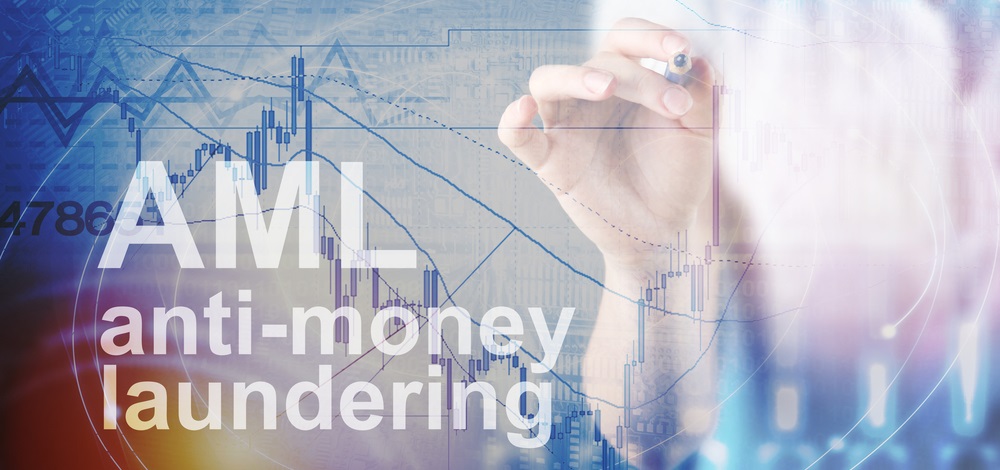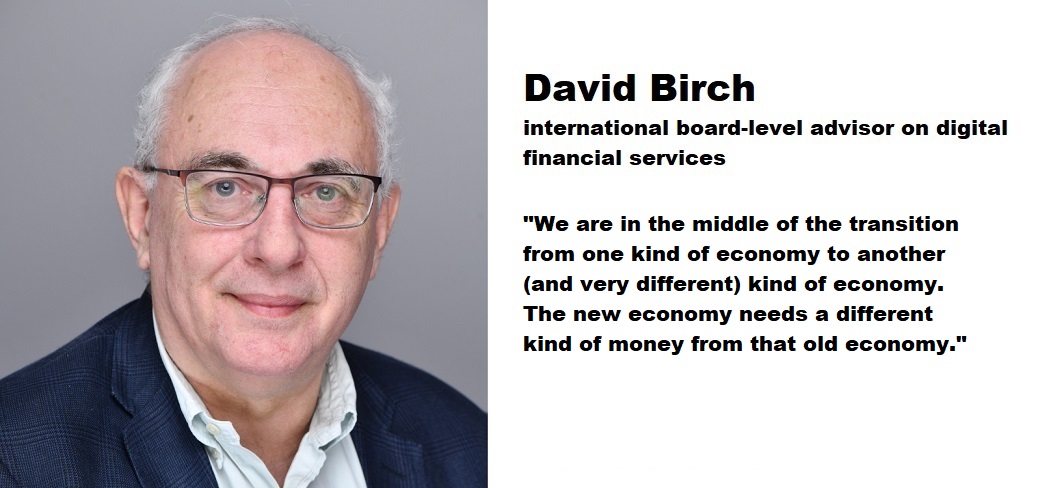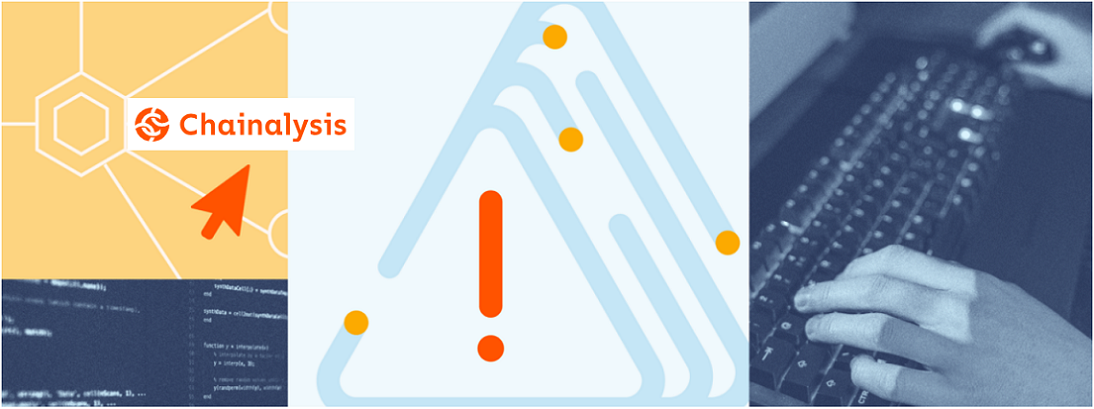Financial crime compliance costs across European markets rose 21% to nearly $120 billion

Risk professionals expect pandemic and regulatory demands will continue to drive costs higher in 2021.
LexisNexis® Risk Solutions released the findings of its latest True Cost of Financial Crime Compliance Study – EMEA Edition. The survey of compliance professionals identifies the drivers affecting financial crime compliance and highlights spending trends. The study also explores the business impacts of regulatory changes within financial crime compliance and identifies pandemic-related challenges and impacts.
The report finds the total annual projected cost of financial crime compliance in EMEA markets now amounts to $117.5 billion, with France, Germany, Italy and the Netherlands reporting higher cost in 2020 compared to 2019 at 18.1%, 20.2%, 26.6% and 22.2% respectively.
Seventy percent of firms expect COVID-19 to cause further compliance spend over the next 12 to 24 months and anticipate 69% of these costs to involve technology.
Compliance Technology Reduces Costs and Challenges
Organizations experienced unique challenges over the past calendar year, but survey results suggest that financial institutions that use technology as the cornerstone of their compliance programs enjoy clear benefits compared to peers. These organizations had an easier time managing challenges posed by the pandemic since technology allowed for faster adaptability to evolving regulatory requirements. Compliance professionals reported that despite challenges, a technologically focused financial crime compliance program gives them an increased understanding of customers and provides insights that helps improve customer relationships.
Survey respondents indicate that allocating more spend to financial crime compliance technology solutions elevates human resources to accomplish more high value tasks. This is especially important to compliance professionals in the EU tackling the impact of COVID-19 alongside increased or changing regulatory requirements in the form of the Fifth and Sixth Money Laundering Directives.
Firms across EMEA allocating more than 50% of their budget on technology have comparatively lower overall average annual compliance cost at $44.6 million compared to $48.4 million for those dedicating higher spend to labor. These firms also benefit from a smaller negative impact when on-boarding new accounts with only 26% of mid to large firms indicating this as a challenge compared to 44% of firms with below average technology expenditure.
COVID-19 Impact
“The pandemic has created new challenges for financial institutions and risk professionals across the region. Survey respondents indicate that more than half of institutions do not have a formal process for identifying and tracking emerging threats,” said Patrick Hinchin, vice president of financial crime compliance for LexisNexis Risk Solutions. “This means the time it takes to conduct common daily tasks like clearing alerts has risen substantially.”
Hinchin added, “The study showed that a technology forward strategy can lower costs while improving processes across the compliance spectrum. This allows compliance teams to focus on higher priority deliverables and arrive at better informed risk management decisions.”
Methodology
The EMEA study surveyed 380 decision-makers who oversee KYC remediation, sanctions monitoring, financial crime transaction monitoring and/or compliance operations across. Organizations represented include asset managers, banks, investment and insurance firms.
Download a copy of the True Cost of Financial Crime Compliance Study – EMEA Edition
Dariusz Mazurkiewicz – CEO at BLIK Polish Payment Standard
Banking 4.0 – „how was the experience for you”
„To be honest I think that Sinaia, your conference, is much better then Davos.”
Many more interesting quotes in the video below:










